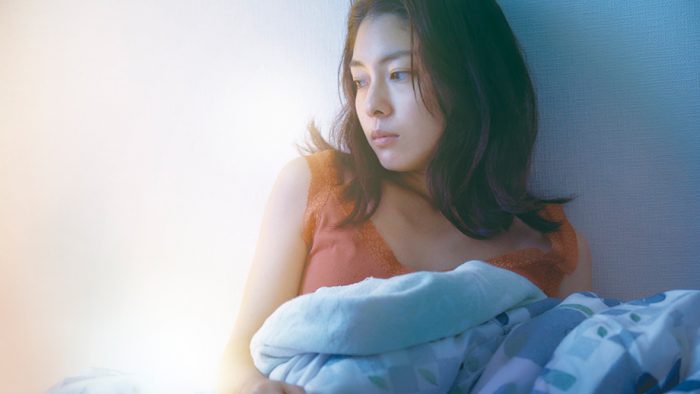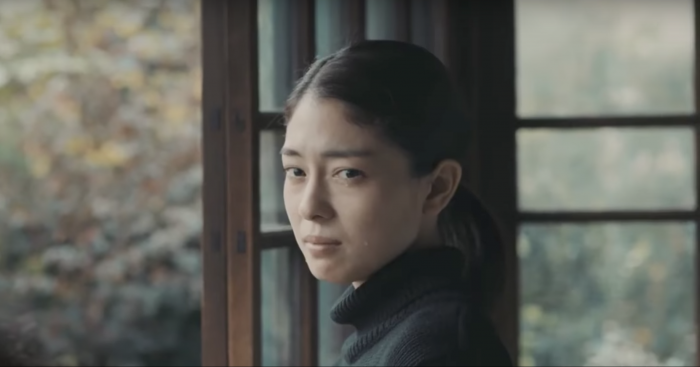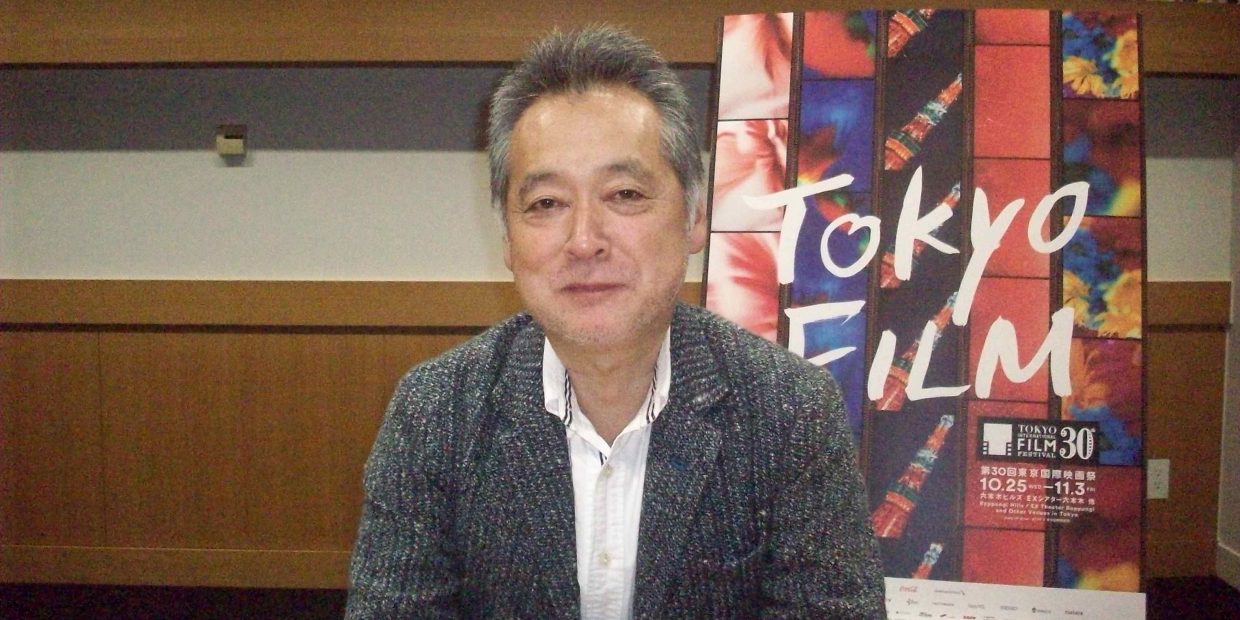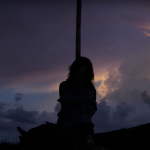Though sex on screen has been an existent phenomenon for almost as long as the various mediums that have enabled it, pornography’s place in society remains one of continuous transformation in line with shifting cultural trends and rapid technological advancements. Takahisa Zeze’s latest drama, The Lowlife, offers a human-level depiction of Japan’s current era of adult entertainment, following various women from different walks of life as they find work in the industry and deal with the repercussions when those closest to them find out.
With The Lowlife screening at this year’s Tokyo International Film Festival, we sat down with Zeze who shared his thoughts on the film and the controversial industry it observes.
You yourself have directed some erotic films – or, ‘pink films’ – in the past. What made you get involved in this genre?
I have to explain by going back to the 1980s. Back in 1980, I was 20 years old and there were many filmmakers who made their debut through pink film because it was kind of a major passageway to becoming a film director. Before the 1980s, you were maybe an assistant director in a studio system in Japan but that was no longer the situation. You either became an indie filmmaker or you made your debut through pink film. I myself was a fan of pink films because a lot of them were very experimental and interesting.

So what are you looking to express with The Lowlife?
Again, back when there was pink film decades ago, you would have to go to these seedy film theatres to see it on screen and it was sort of a place where delinquents would gather. However, now that is not the situation. With all these streaming services, porn has become a very integrated part of our everyday lives. So that has changed the way the porn industry and porn actresses are. So by depicting this world, by depicting these porn actresses, I thought I would be able to depict a reflection of what the situation is in contemporary Japan.
Is there any particular group that you would say The Lowlife is targeted at? Is this a film to be watched by the sort of people who would’ve enjoyed pink films back in the day? Or is it more directed at those who disapprove of the genre?
In the past, I’ve also made films that are not just eroticism – films based on true stories, films based on stories about terminal diseases. So I don’t have a particular audience that I have in mind for each film that I make. I don’t thematically categorise it that way. I myself see many kinds of films and I like the fact that there are various kinds of films to see. So for this one in particular, it’s not that I wanted to make this for people who want to see eroticism or that kind of thing. I didn’t want to do that. I make a film because I want to make it or I want to depict something, and not for a target audience.
To add another comment to that: This is a film about women who just so happen to become porn actresses. It’s a way for them to search for their footing and search for a place to exist, and they’re trying to reconfirm their own existence. So it’s not a situation that is specific to the porn industry. I think many people have this sentiment, especially in the younger generation. So if I were to pick a certain audience to target this way, I would say I want the younger women, female audiences, to see this film, and I would be interested in hearing what they think about it.

Let’s go back to what you said about these women making porn as a means of finding their footing. Can you expand a little?
It’s kind of a way to be acknowledged by someone else and put themselves out there. Interviewing a porn director in the past, he said that many of these women come with two motivations. One is, of course, money but one is to be acknowledged.
Certain scenes depict the reactions of the family as they’re forced to see their mothers and daughters as sexual beings. Do you find that this is often a source of conflict?
It happens all the time. Families are usually against it, needless to say.
And do you think it’s up to the family to adapt to it and to accept what their relatives are doing?
I can understand that it would be very hard to accept and I can understand the conflict that would arise from it but there’s really no turning back once it happens, is there?
You take a fairly low-key approach with this film. It’s often a very still, gently paced work. Was it important to you that these stories were not overly sensationalised?
The film is based on a book that was written by someone who was a porn actress. The taste of this novel, the rhythm that this novel has, is very quiet, so that made its way into the film. We could have included these kind of ‘What happens behind the curtains in the industry?’ moments and that would have made for a more aggressive, impactful film maybe but as I said before, what we wanted to depict with this one is just regular people living their regular lives and what it is when a regular person becomes a porn star or an AV actress like they do. Really, it comes down to depicting our ordinary daily lives and that’s probably why it’s such a quiet film.
Also, because of my background, myself having been a pink film director, I’ve been accustomed to this kind of culture. It’s not anything unusual for me to depict sex. It’s part of my life, I would say, so I don’t approach this issue as something unusual. It’s just very normal to me.
The Lowlife screened as part of the 2017 Tokyo International Film Festival.





